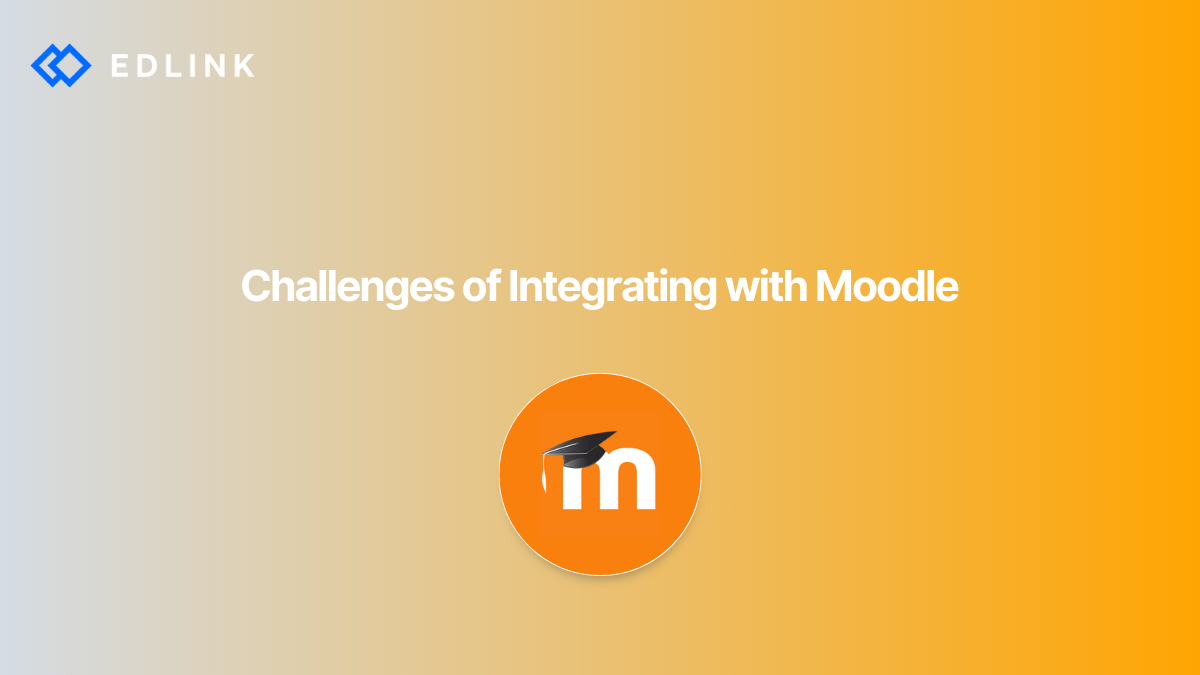Moodle is one of the most widely used LMS providers in education. If you're part of an edtech company working with clients that use Moodle, you've probably been asked about a Moodle integration.
Moodle is a self-hosted and open-source platform. Moodle supports integration through its Core APIs and the LTI specification (including the LTI 1.3 and LTI Advantage specifications). But despite how well-known it is, integrating with Moodle has a few quirks to be aware of.
Moodle Plugins
Like other LMS providers, Moodle has APIs that can be accessed by integrated third-party applications (read: other edtech platforms, learning tools, products). However, Moodle's Core APIs can only be accessed through the installation of a plugin.
Moodle requires developers to write a plugin that allows their product to interface with a Moodle environment. Thus the plugin must be written in PHP and manually installed in a learning institution’s Moodle instance by the Moodle administrator. Being aware of this quirk could impact changes that need to be made to the product before writing the plugin or impact the onboarding strategy for learning institutions.
Self-Hosted Moodle Environments
Moodle environments are self-hosted by the learning institution. Thus, updates to Moodle installations must be pushed by the institution’s IT administrator. If an administrator does not make regular updates, it can affect the compatibility of a developer’s application with Moodle. This can cause problems if the installed Moodle environment does not support the most up-to-date version of the LTI specification or set of Core APIs.
Understanding this quirk would impact how product teams might engage with IT administrators – asking for the developer team to understand the changes between Moodle versions to guide administrators on updates. Or in the worst case, it leaves developers having to create different integration versions to support the outdated Moodle environments.
These challenges are just a subset of some of the issues product teams can run into while integrating with Moodle. LMS integrations are usually not as straightforward as they might seem at first. In fact, developers should take into account the differences and quirks of each platform before building out their integrations.
Update | 5.23.24
Read More on Moodle and Integrations:
Read these other articles we've written on Moodle and other integrations.
- How to Create a Moodle Integration
- Edtech Vendors Can Stay Ahead with LMS Integrations
- What are API Integrations for LMSs
- What is “LTI Integration”?
- Rostering Students and Teachers in Your App: What Are Your Options?
Learn More about Edlink
If you're looking for a partner who can help guide you through developing Moodle integrations (and others like these), then let’s introduce ourselves. We’re Edlink!

